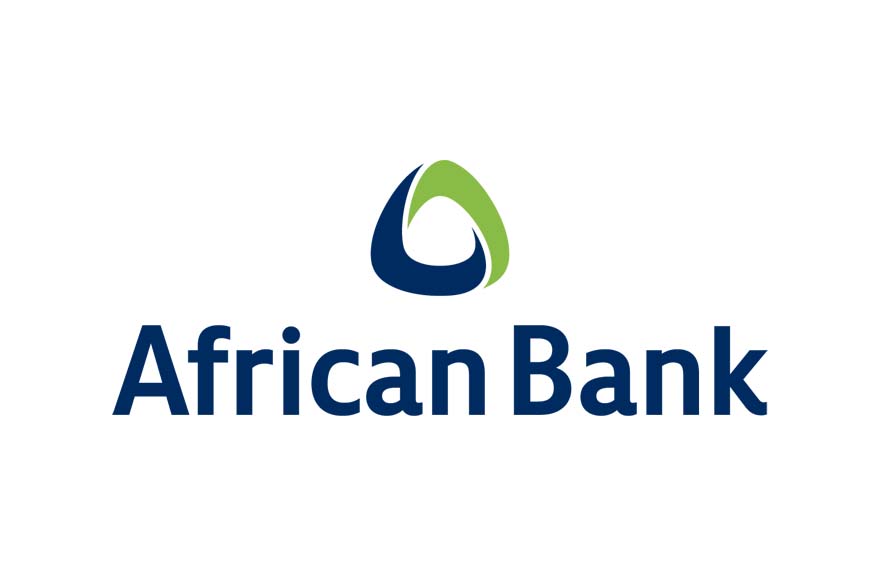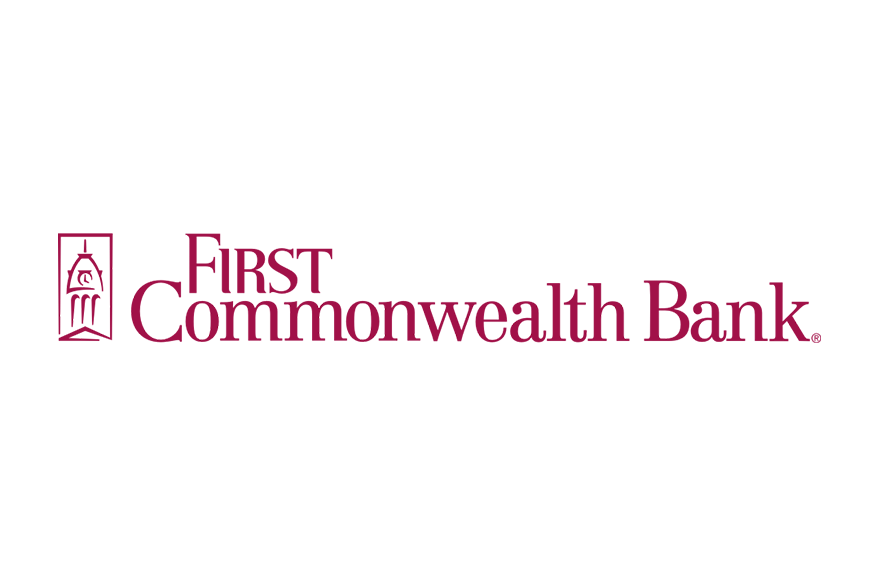Aren’t You Using Your Credit Card? Check Out What Might Happen
Keeping your personal information secure
Rewritten Text:
Credit cards have become an essential financial tool for many individuals in today’s fast-paced world. They offer convenience, security, and a wide range of benefits, from cashback rewards to travel perks.
However, using credit cards also entails responsibilities and potential pitfalls. If you are not actively using your credit card or keeping a close eye on your financial statements, you may encounter unintended consequences.
In this article, we will explore the different aspects of credit card usage and the potential outcomes of neglecting them.
The Advantages of Regular Credit Card Usage
Credit cards offer several advantages, making them a popular choice among consumers. When used responsibly, they can help build a credit history, which is crucial for securing loans for significant life milestones, such as buying a car or a home.
Additionally, credit cards often provide rewards programs that offer cashback, travel miles, or discounts on purchases. Regularly using your credit card allows you to accumulate these benefits over time, providing valuable savings and perks.
The Risk of Inactivity
While it may be tempting to set aside your credit card and avoid using it, prolonged inactivity can have negative consequences. Credit card companies may view your account as dormant, resulting in reduced credit limits or even account closures.
A lowered credit limit can impact your credit utilization ratio, which is a critical factor in determining your credit score. High credit utilization may lead to a lower credit score, potentially making it more challenging to access favorable interest rates or secure new lines of credit when needed.
Missed Opportunities for Building Credit:
One of the primary benefits of credit card usage is establishing a positive credit history. Your payment behavior and credit utilization play a significant role in determining your credit score. By responsibly using your credit card and making timely payments, you demonstrate your financial responsibility to credit reporting agencies.
On the other hand, neglecting your credit card can result in missed opportunities to showcase your creditworthiness. This could impact your ability to secure favorable interest rates on loans or credit cards in the future.
Monitoring Your Financial Health
Frequent credit card usage helps you stay connected with your financial health. Regularly reviewing your credit card statements enables you to track your spending patterns, identify unauthorized charges, and maintain an overall awareness of your financial situation.
This is particularly important in detecting any discrepancies early on, preventing them from escalating into significant financial issues.
Maintaining Reward Programs
Many credit cards offer attractive reward programs that provide benefits like cashback, travel rewards, and discounts. These rewards often have expiration dates or accumulation requirements.
By not using your credit card, you may miss out on these rewards that could have resulted in significant savings or enjoyable experiences. Regular usage ensures that you continue to reap the benefits of these programs.
Avoiding Sudden Financial Strain
Life is unpredictable, and emergencies can arise at any time. Having an active credit card can serve as a financial safety net when unexpected expenses occur.
If you are not actively using your credit card and face an urgent situation, you may find yourself in a difficult position without immediate access to credit.
In conclusion, credit cards are powerful financial tools that offer a range of benefits. Regular usage not only allows you to take advantage of rewards programs and build a positive credit history but also helps you monitor your financial health and protect against fraud.
While responsible usage is crucial, neglecting your credit card can lead to reduced credit limits, missed opportunities, and potential financial vulnerabilities.




